What are some of the Middle East and Africa (MEA)’s principal financial centres?
The following is based on the thirtieth edition of the Global Financial Centres Index (GFCI 30). Published on 24 September 2021, the GFCI 30 provides evaluations of future competitiveness and rankings for 116 financial centres around the world. The following, a part one of two, showcases those from the MEA region that made the list:
Tehran
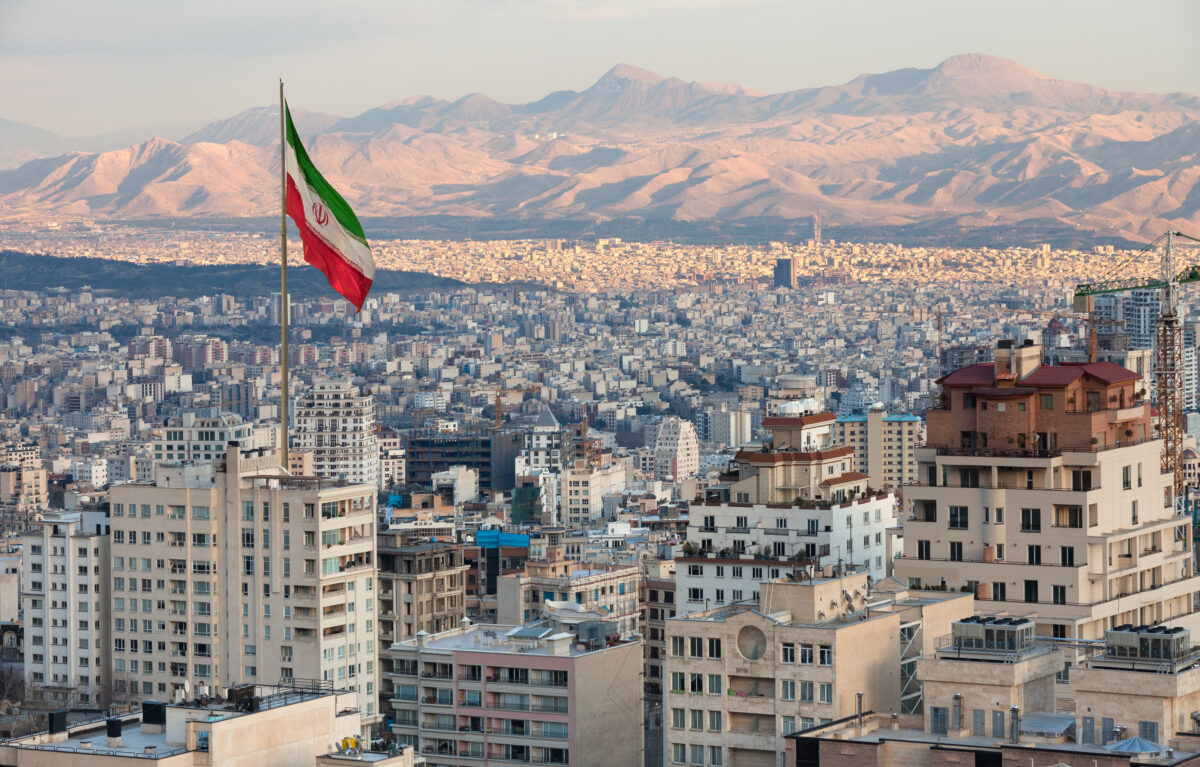
Tehran is the capital and the largest city of Iran. It is one of the largest cities in the world with an urban area population of at least 14 million people. The city, fun fact, houses around a fifth of the country’s firms. The current political situation and sanctions have affected the country which has impacted its economy and across various sectors which include the likes of financial services. In the GFCI ranking globally it was 109th.
Kuwait

Kuwait City is the capital and the largest city of the State of Kuwait. In the Middle East and particularly in the Gulf region, Kuwait has been a historical regional hub for the financial services industry. Even today, Kuwait’s financial system comprises four sectors: banking, insurance, other financial institutions and investment funds. There’s more than 100 financial institutions offering financial products and services in the country. According to the GFCI ranking globally Kuwait was 108th.
Lagos
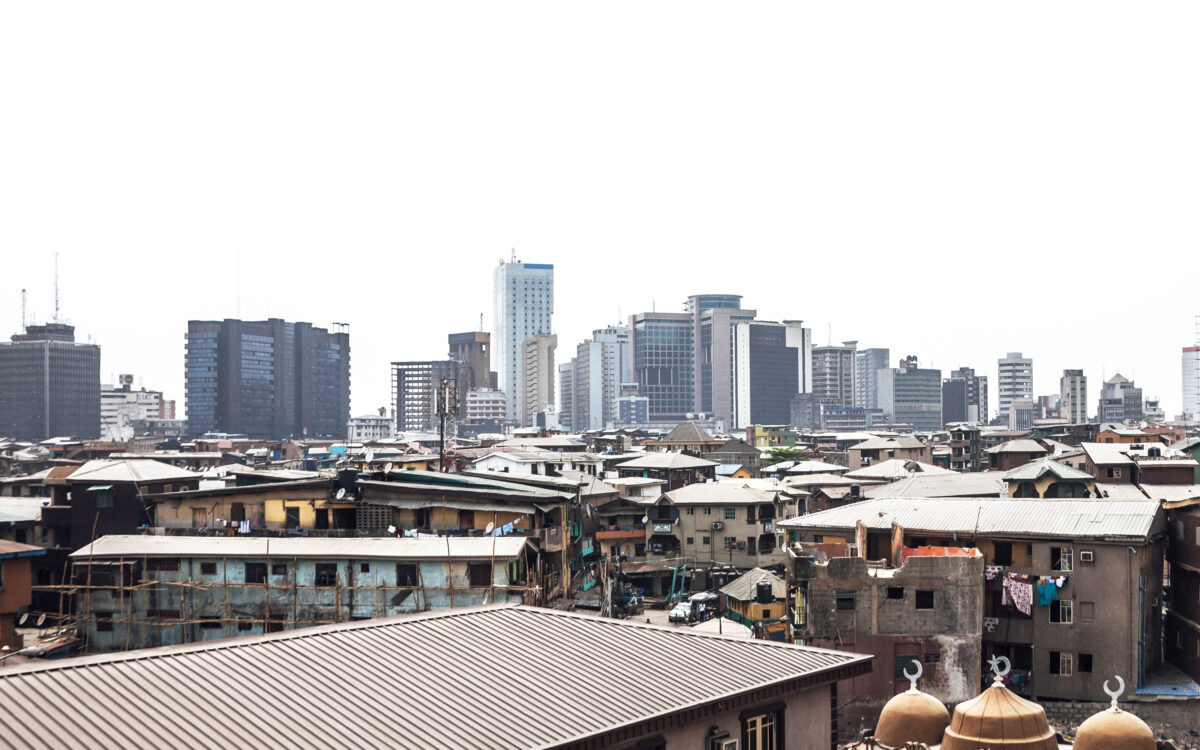
Nigeria’s largest city and financial hub is Lagos, which houses more than 20 million people alone, according to the National Population Commission of Nigeria. Lagos is home to a large financial services sector and banks, such as First Bank of Nigeria, Access Bank, Ecobank and First City Monument Bank (FCMB). In addition, in terms of the wider tech ecosystem Lagos is home to various startup incubators. From the GFCI ranking Lagos was in 102nd place.
Riyadh
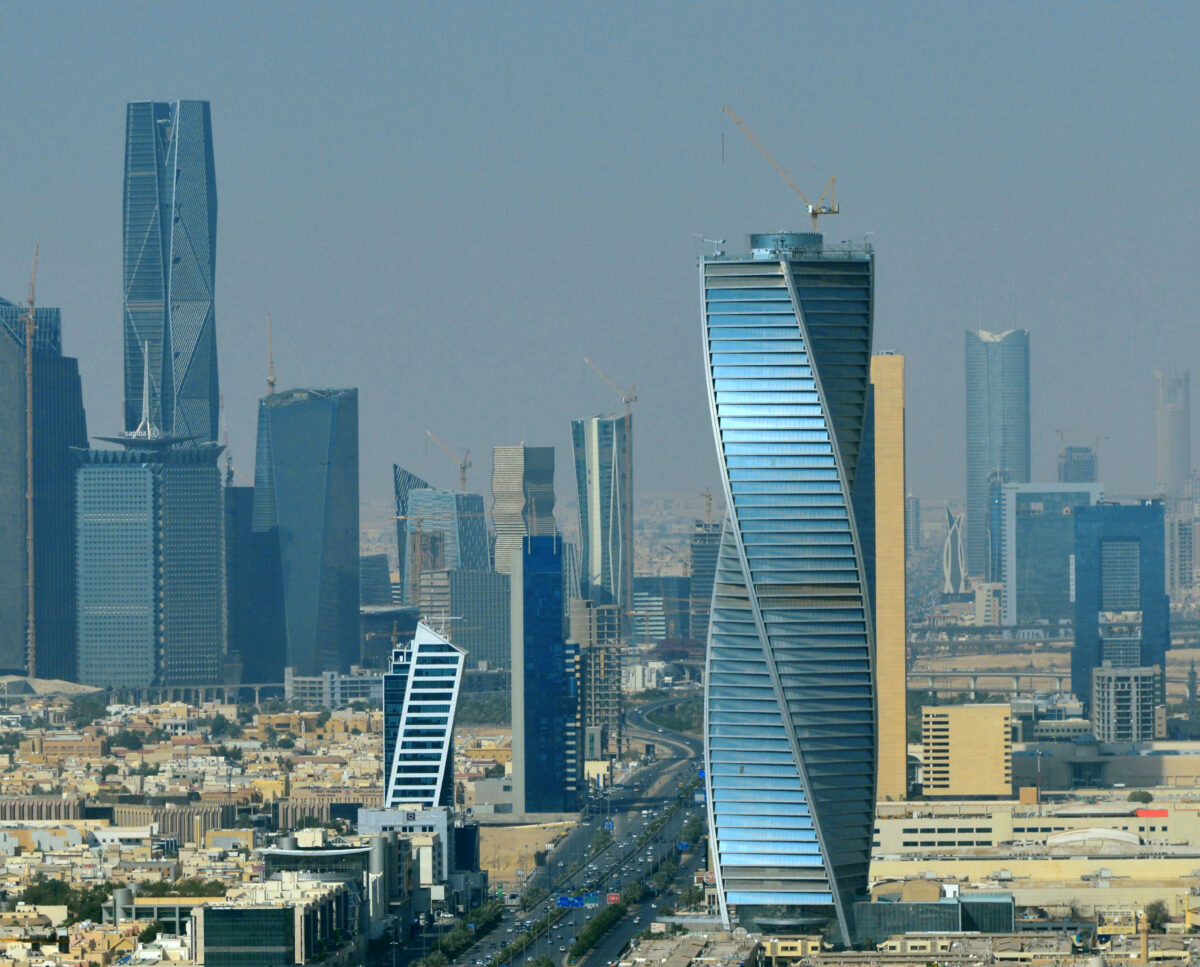
Saudi Arabia is home to Riyadh, its capital and largest city that aspires to be one of the top 10 largest economies – announced this year by Crown Prince Mohammed bin Salman. As a whole, Saudi Arabia is home to over a quarter of the Gulf Cooperation Council’s (GCC) total banking assets, and well as the region’s second-largest banking industry in terms of assets and the largest in terms of market capitalisation. As part of its wider Saudi Vision 2030 national economic development diversification, there have been various projects happening throughout the Kingdom. In terms of that and the growth of Riyadh, a key one has been the new King Abdullah Financial District (KAFD). Globally, Riyadh ranked 101st globally.
Nairobi
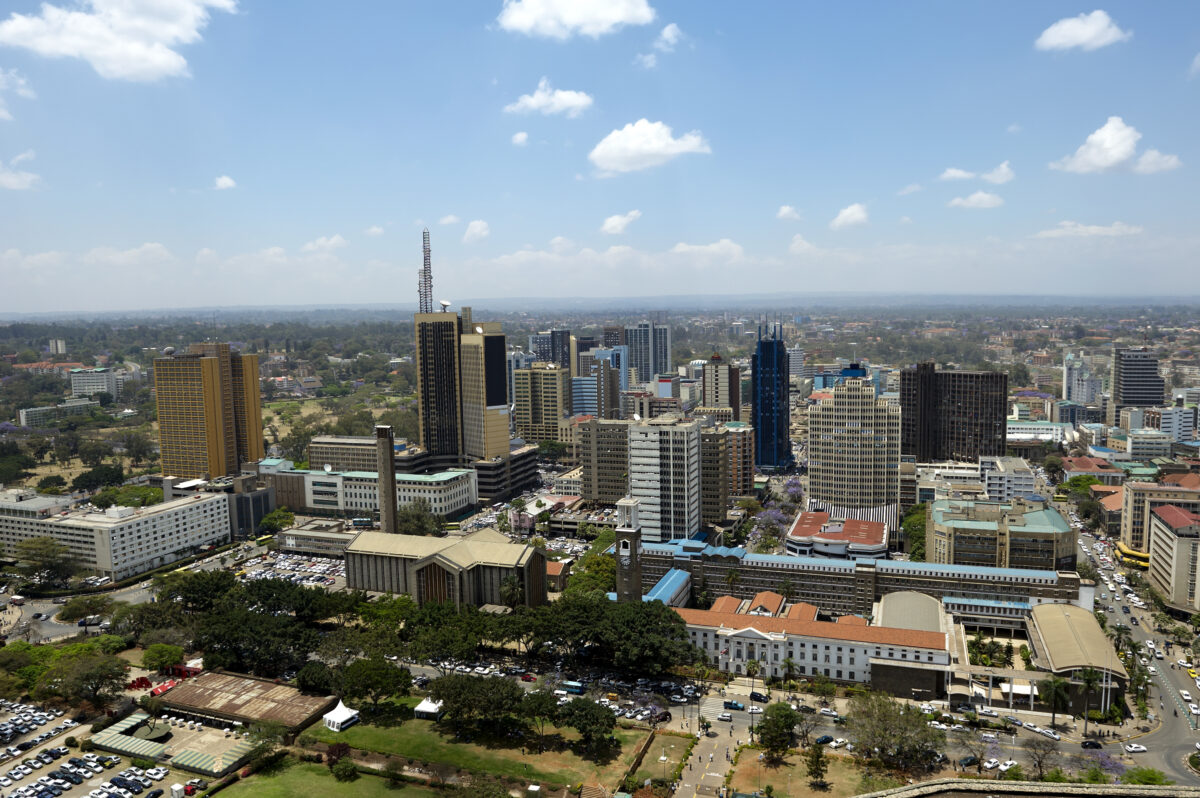
Kenya, in particular its commercial and financial hub of Nairobi, is a major player generally from an economic point of view not just in East Africa but the African continent as a whole. Dubbed ‘Silicon Savannah’, Nairobi has a strong fintech and wider tech and financial services ecosystem and is also the capital and largest city of the country. Overall, Kenya’s financial sector is the third-largest in Sub-Saharan Africa and it makes a significant contribution to economic growth and job creation. Via the GFCI ranking Nairobi ranked in 98th place globally.
Kigali
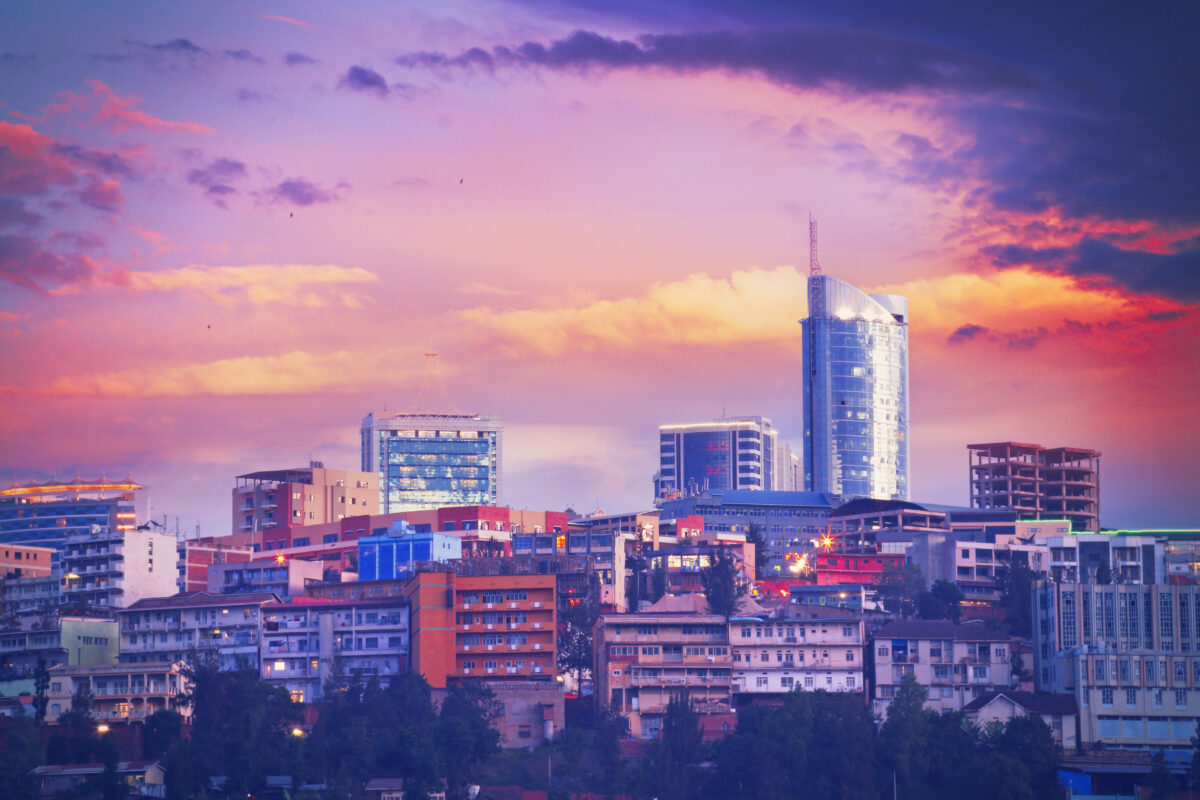
Kigali is the capital and largest city of Rwanda and also its main commercial and financial hub. As a whole, the banking sector according to the Rwanda Development Board continues to be the main engine in the financial system with banks representing nearly two-thirds (66.1 per cent), examples of some of the banks in Rwanda include Access Bank Rwanda, Bank of Kigali, Commercial Bank of Rwanda and Banque Populaire du Rwanda SA (BPR). The Kigali International Financial Centre (KIFC) is a major vision for Kigali, and Rwanda as a nation, to further economically diversify and expand. KIFC is a government initiative that aims to position Rwanda as a major business and financial hub in Africa which among other things involves reforming the financial services. 94th place was the global ranking of Kigali.
Mauritius
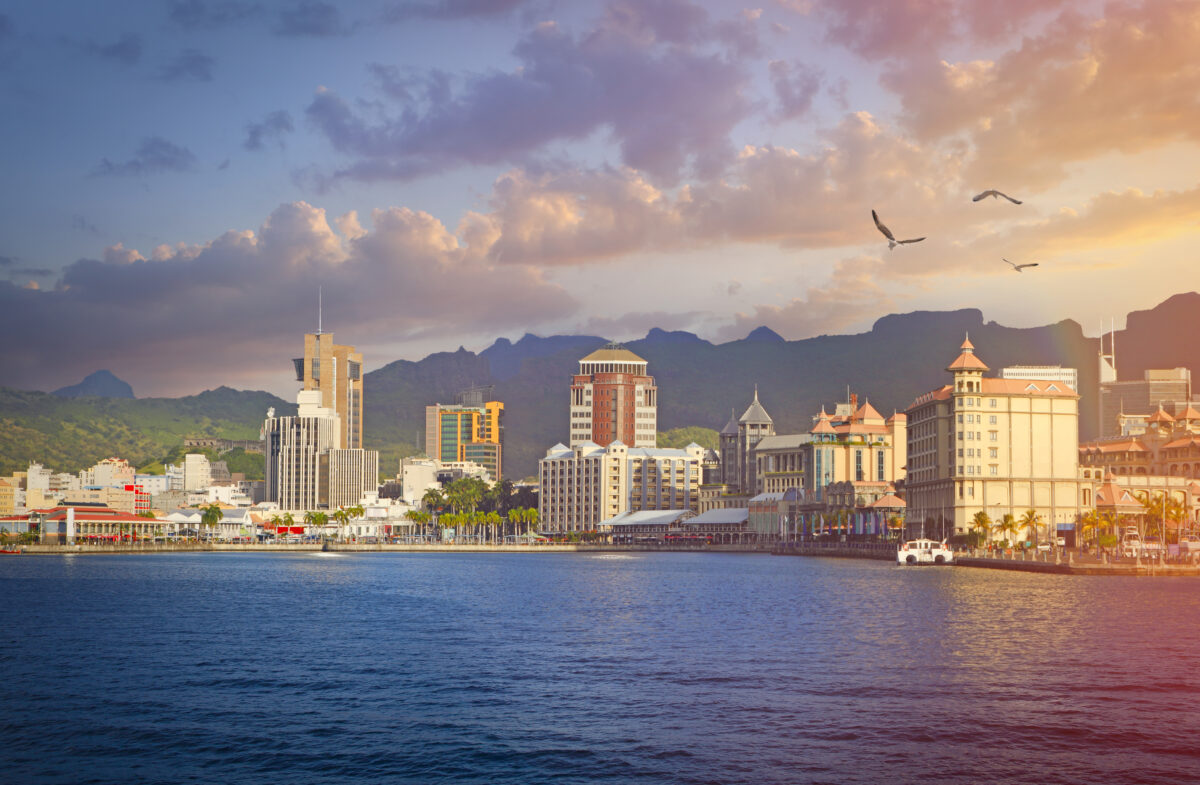
Mauritius has transformed itself to be an upper[1]middle income economy boasting one of the highest GDP per capitas (second after Seychelles) in the African continent. Located in the Indian Ocean and acting as a gateway between the rest of Africa and South Asia, its economic development transformation continues with its Mauritius Vision 2030. Over past decades, the country has provided stable regulatory and financial environment for foreign investors. This has shown the country to be a leading attractor for those looking to do business in the African continent as a whole. The capital and largest city of the small nation is Port Louis. Mauritius received a global ranking of 73rd.
Stay tuned for part two of this piece.



